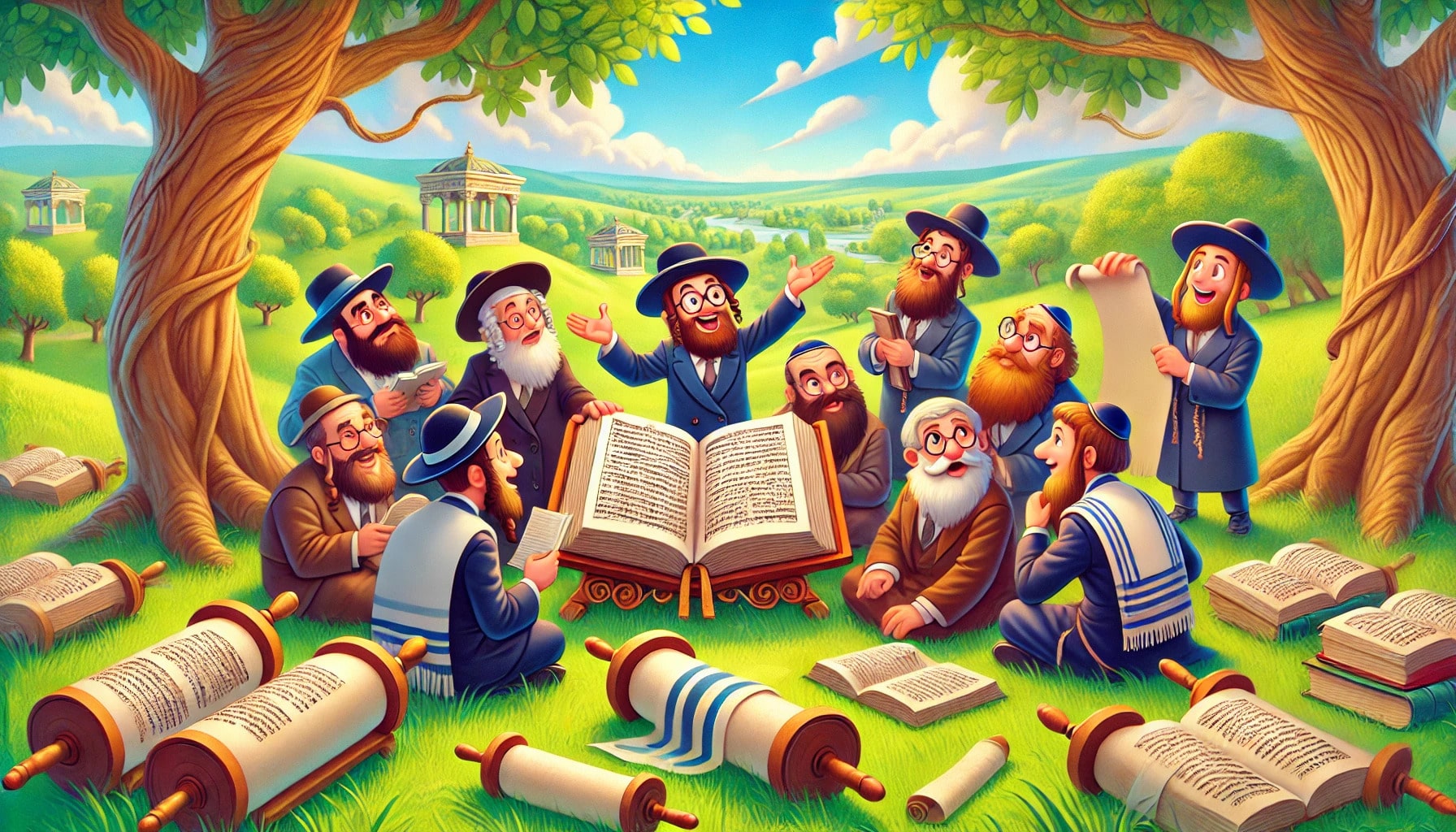| Getting your Trinity Audio player ready... |
This book may be reproduced unaltered, in whole or in part, for non-commercial purposes, with proper credit to the authors.
Note: We understand that some of our audience may have reservations about the inclusion of certain books or materials on our website. It is important to clarify that our decision to feature a wide range of content is guided by a commitment to open dialogue and the exploration of diverse perspectives. In today’s world, it’s easy to find oneself in an echo chamber, only encountering views that reinforce pre-existing beliefs. However, we believe that exposure to a variety of viewpoints is crucial for a deeper understanding of complex issues. Listening to different voices, even those we might disagree with, is essential for fostering informed opinions and healthy discourse. We acknowledge that not everyone will agree with every perspective presented. If you believe that any information we have quoted is incorrect or misleading, we encourage you to articulate your viewpoint. We welcome well-reasoned and researched articles submitted in accordance with the guidelines on our contact page. Submissions that meet our standards for quality and relevance will be considered for publication on our platform. Our goal is to cultivate a space where diverse ideas can be shared and discussed respectfully, contributing to a more nuanced and comprehensive understanding of the world.













